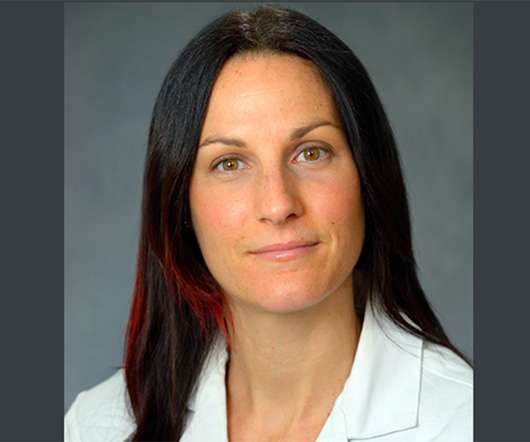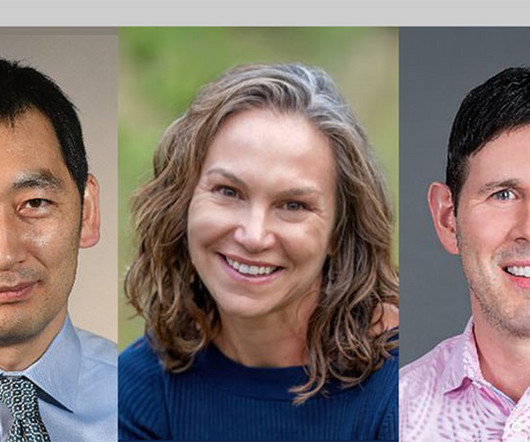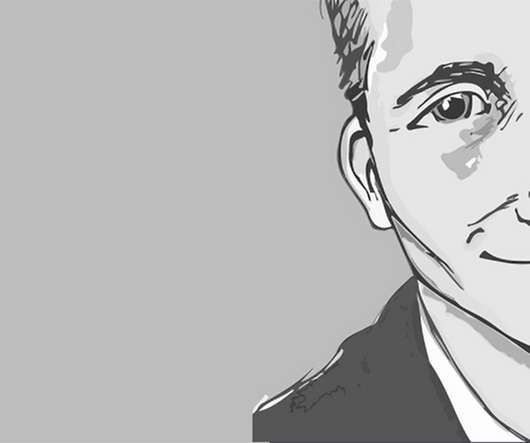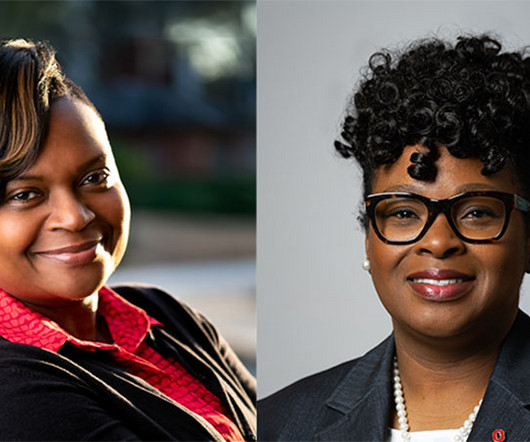Caring for the Unrepresented: A Podcast with Joe Dixon, Timothy Farrell, Yael Zweig
GeriPal
JANUARY 16, 2025
Alex 01:27 We’re delighted to welcome back Tim F a rrell, who’s a geriatrician, associate chief for Age Friendly care at the University of Utah and chair of the American Geriatric Society Ethics Committee. All right, and finally we have Yael Zweig, who is a geriatric nurse practitioner at NYU. Tim, welcome back to GeriPal.

















Let's personalize your content